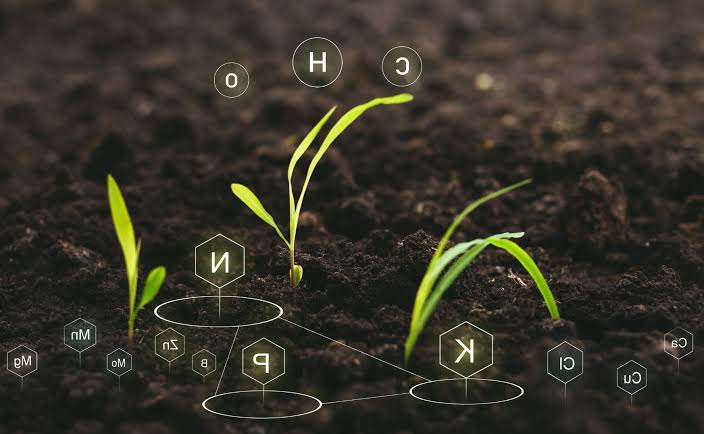The soil, beneath our feet, has always held an air of mystery. It is the foundation upon which life itself flourishes, providing sustenance and support for countless organisms. But what is it about the soil that allows seeds to grow and thrive? Is there some hidden power that lies within its depths? In this article, we delve into the enigma of the soil's power to grow seeds, exploring its hidden forces and unveiling the magic that makes it a potent seed grower.
The Mystery of Soil's Power: Can it Truly Grow Seeds?
When we plant a seed in the soil, we often take for granted that it will germinate and grow. But have you ever stopped to wonder why this happens? Is there some unseen force at work beneath the surface, coaxing the seed to sprout and reach for the sky? The answer lies in the intricate chemistry and biology of the soil, as well as the complex interplay between its various components.
Unraveling the Enigma: Exploring the Hidden Forces in Soil
To understand the soil's power to grow seeds, we must first explore its composition. Soil is made up of a blend of minerals, organic matter, water, and air. These components interact in a delicate balance, creating an environment that is conducive to seed germination and growth. The minerals in the soil provide essential nutrients such as nitrogen, phosphorus, and potassium, which are vital for plant development.
Water, too, plays a crucial role in seed germination. When a seed is planted in moist soil, it absorbs water, triggering a series of biochemical reactions that lead to sprouting. The water also helps to transport nutrients from the soil to the seed, fueling its growth. Additionally, the presence of air in the soil is essential for proper root development, as it provides oxygen to the plant.
Unveiling the Magic: What Makes Soil a Potent Seed Grower?
One of the key factors that make soil a potent seed grower is its ability to retain moisture. Moisture is essential for seed germination, and different types of soil retain water to varying degrees. Clay soil, for example, tends to hold water for longer periods, providing a steady source of moisture for the seed. Conversely, sandy soil drains water quickly, making it less favorable for seed growth.
Another magical aspect of soil is its capacity to provide stability and support for growing plants. Soil particles form intricate networks and structures, creating space for roots to spread and anchor themselves. This anchorage is vital for plants to withstand wind and other external forces. Without the strong foundation provided by the soil, plants would struggle to survive and thrive.
The soil also harbors a vast array of microorganisms, including bacteria, fungi, and earthworms, which contribute to its seed-growing power. These organisms break down organic matter in the soil, releasing nutrients that are essential for plant growth. They also help improve soil structure, making it more fertile and conducive to seed germination.
Furthermore, the pH level of the soil influences its seed-growing potential. Different plants require different pH levels to thrive, and soil acidity or alkalinity can impact seed germination. By understanding the pH requirements of specific plants, gardeners and farmers can make adjustments to the soil's composition, enhancing its seed-growing capabilities.
In conclusion, the soil's power to grow seeds is not a result of some mystical force but rather a fascinating interplay of chemistry, biology, and environmental factors. Its ability to retain moisture, provide stability, and support the growth of microorganisms all contribute to its seed-growing prowess. As we continue to unravel the mysteries of the soil, we gain a deeper appreciation for the intricate web of life that lies beneath our feet. So, the next time you plant a seed, take a moment to marvel at the hidden forces at work in the soil, for it is their magic that brings forth new life.
